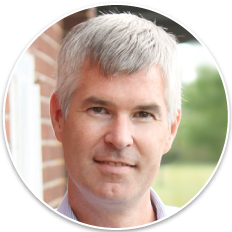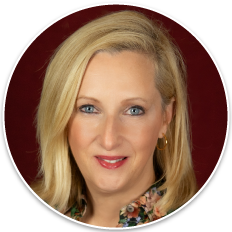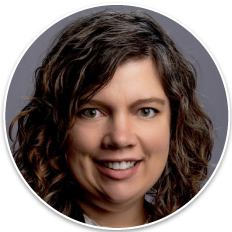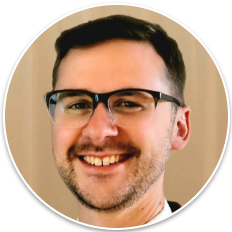No matter where someone lives — in rural regions, urban areas, or in-between — they should have equitable access to high-quality health care. This first episode in a new season of the Medicaid Leadership Exchange podcast highlights the importance of Medicaid to the millions of people living in rural communities across the country. It delves into the unique challenges faced by Medicaid directors in predominantly rural states and breaks down the common misconceptions surrounding rural America. The episode features perspectives from:
- Lee Grossman, senior administrator, Wyoming Division of Healthcare Financing; and
- Sarah Aker, executive director, North Dakota Division of Medical Services.
In this season of Medicaid Leadership Exchange, hear how states and territories are working to achieve better outcomes for individuals served by Medicaid, and the creative mechanisms being used to address health disparities — including by listening to communities’ needs. The season is hosted by Mark Larson, former Vermont Medicaid director and senior vice president, Leadership and Capacity Building, Center for Health Care Strategies (CHCS) and Jami Snyder, former Arizona and Texas Medicaid director and president and CEO, JSN Strategies.
Allow up to 20 seconds for audio playback to begin.
Featured in this episode:
 | Mark Larson, former Vermont Medicaid director and senior vice president, Leadership and Capacity Building, CHCS |  | Jami Snyder, former Arizona and Texas Medicaid director and president and CEO, JSN Strategies. |
 | Sara Aker, executive director, North Dakota Division of Medical Services |  | Lee Grossman, senior administrator, Wyoming Division of Healthcare Financing |
The Medicaid Leadership Exchange podcast explores priority topics for Medicaid leaders and is developed in partnership by NAMD and CHCS through support from the Robert Wood Johnson Foundation. Visit the series page for additional episodes, or listen on Apple Podcasts, Spotify, Amazon Music, or wherever you subscribe to podcasts.
Support for this podcast was provided by the Robert Wood Johnson Foundation. The views expressed here do not necessarily reflect the views of the Foundation.




